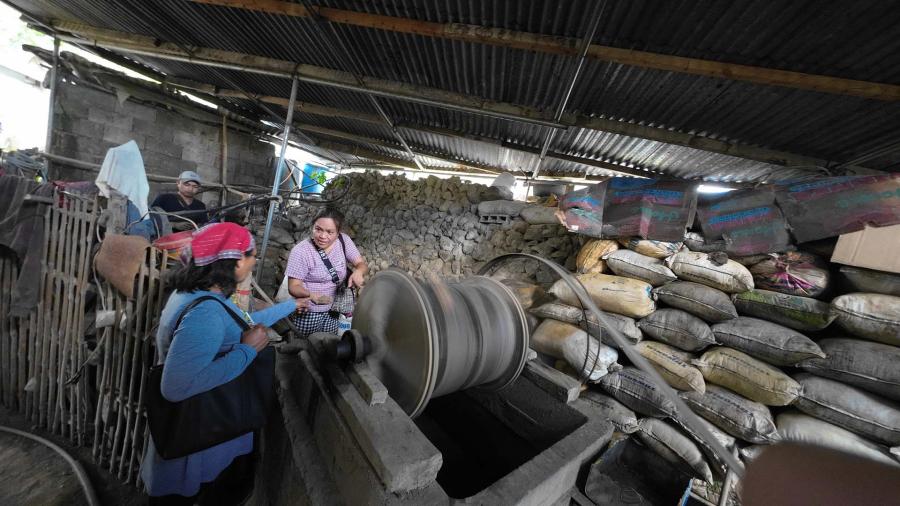
Perty Maguru from the Nepal Indigenous Civil Association is a member of the Disability Caucus and the Indigenous Persons with Disabilities Global Network and first attended the UN Permanent Forum on Indigenous Issues in April 2015.
Different people come over here and they see the kind of experience they have been facing in their day to day life relating with the Indigenous people. When we are more concerned about Indigenous persons with disabilities, we do have kind of [our] own different, unique experience that we have been facing in our lives. When we come to these kinds of meetings we get seated with the people the first thing; the second thing we have consultations; and the third thing we have documentation. And [following] these documentations, hearings, and consultations, our issues and our advocacy move ahead to ensure and protect our rights.
We belong to our dual kind of identity: one from a disability, the other being Indigenous people. So when we talk about both of these kinds of identity, we have a kind of cross-cutting issue as well as kind of intersection of these issues. What I would personally request or personally expect from concerned stakeholders is a kind of need to be addressed, since the idea of diversity in the development process has been addressed in other parts of the world. So in regard to the diversity of disability, Indigenous also need to be addressed so that the voiceless voice will come ahead [to a] kind of integration and mainstreaming in the development process.
Since we have been kind of rejected, we have not been involved in the Indigenous discourse or even the disability discourse. We have been facing both kinds of discrimination directly by State policy and directly with so many forms of discrimination that have been happening in the private sphere of life. [So] we thought that incorporating the issues of Indigenous persons with disabilities would be a good platform to bring out the voice of the voiceless.

